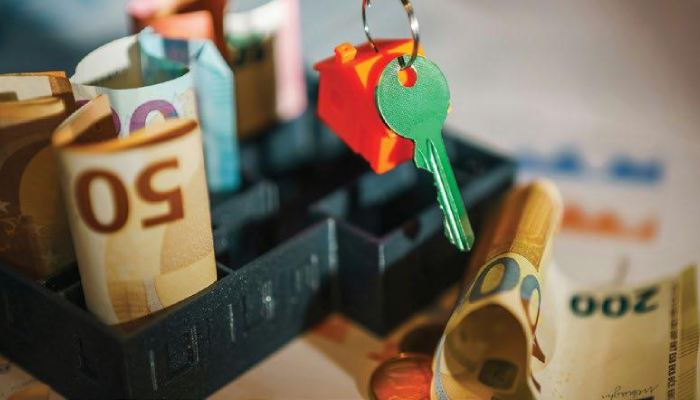
or

The Hon’ble Supreme Court in the captioned judgment held that the NCLAT erred in entertaining and allowing JSW Steel’s appeal, as JSW, whose resolution plan was already approved, was not an “aggrieved person” under Section 61 of the Code. The Hon’ble Apex Court also found that the mandatory compliance regarding Section 29A and Form H certification was not duly followed by the Resolution Professional. Further, more than 2 years had elapsed and the Resolution Plan was not implemented. Hence, the Hon’ble Apex Court set aside the orders of NCLT and NCLAT approving the Resolution Plan.
Furthermore, the Hon’ble Supreme Court held that the NCLT and NCLAT lack the jurisdiction to interfere with attachment orders passed by the Enforcement Directorate (“ED”) under the Prevention of Money Laundering Act, 2002 (“PMLA”), the same being in the domain of Public Law.
The Supreme Court in the captioned matter addressed two key issues arising from a Rs. 5600 Crores fraud at NSEL’s commodity exchange platform. First, it held that secured creditors under the SARFAESI Act and RDB Act do not have priority over assets attached under the PMLA and Maharashtra Protection of Interest of Depositors (MPID) Act, 1999, as the latter’s provisions override due to their focus on protecting defrauded depositors. Second, properties attached under the MPID Act before the IBC Moratorium (Section 14) are vested in the Competent Authority and remain available for decree execution by the Supreme Court Committee, unaffected by IBC proceedings. The Court upheld the MPID Act’s constitution validity, emphasising its distinct legislative domain under State List entries.
The LW Bureau is a seasoned mix of legal correspondents, authors and analysts who bring together a very well researched set of articles for your mighty readership. These articles are not necessarily the views of the Bureau itself but prove to be thought provoking and lead to discussions amongst all of us. Have an interesting read through.

Lex Witness Bureau

Lex Witness Bureau

For over 10 years, since its inception in 2009 as a monthly, Lex Witness has become India’s most credible platform for the legal luminaries to opine, comment and share their views. more...
Connect Us:


The Grand Masters - A Corporate Counsel Legal Best Practices Summit Series
www.grandmasters.in | 8 Years & Counting
The Real Estate & Construction Legal Summit
www.rcls.in | 8 Years & Counting
The Information Technology Legal Summit
www.itlegalsummit.com | 8 Years & Counting
The Banking & Finance Legal Summit
www.bfls.in | 8 Years & Counting
The Media, Advertising and Entertainment Legal Summit
www.maels.in | 8 Years & Counting
The Pharma Legal & Compliance Summit
www.plcs.co.in | 8 Years & Counting
We at Lex Witness strategically assist firms in reaching out to the relevant audience sets through various knowledge sharing initiatives. Here are some more info decks for you to know us better.
Copyright © 2020 Lex Witness - India's 1st Magazine on Legal & Corporate Affairs Rights of Admission Reserved